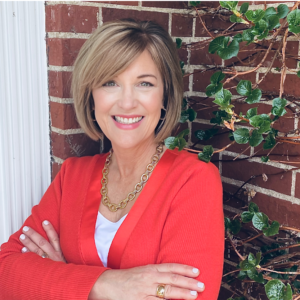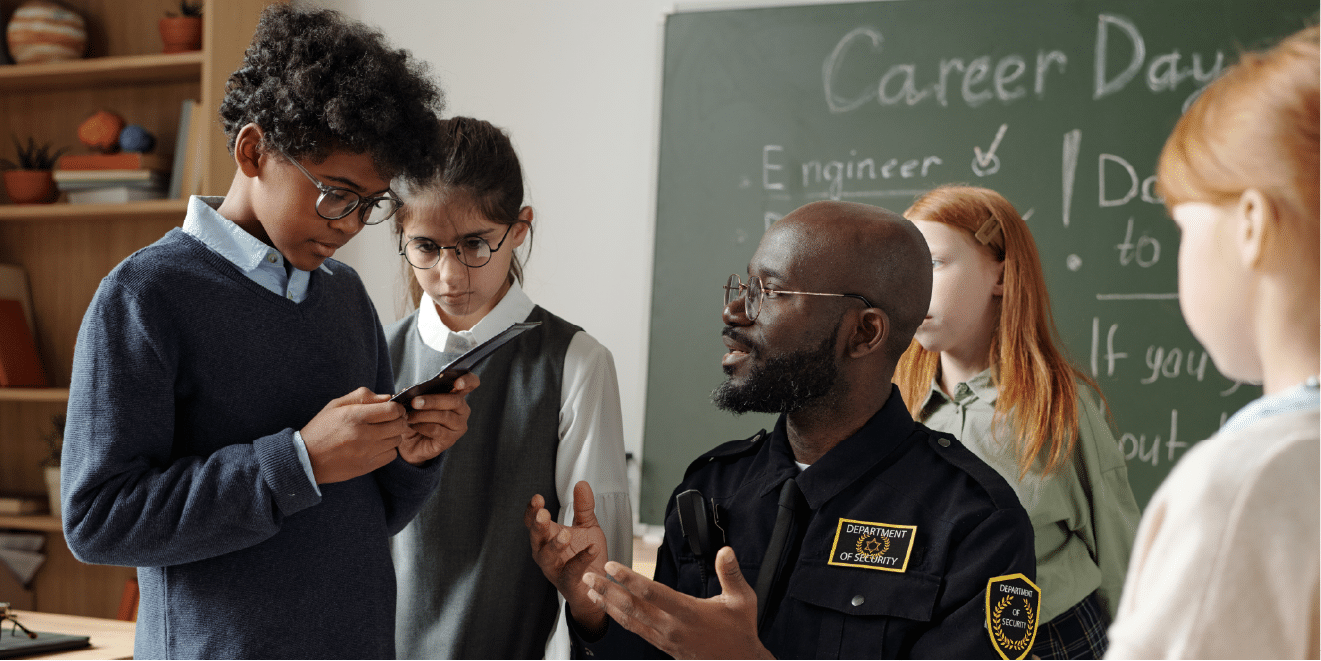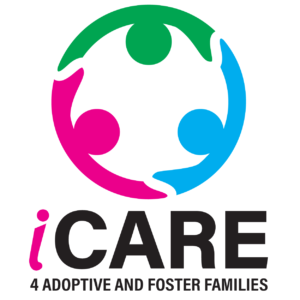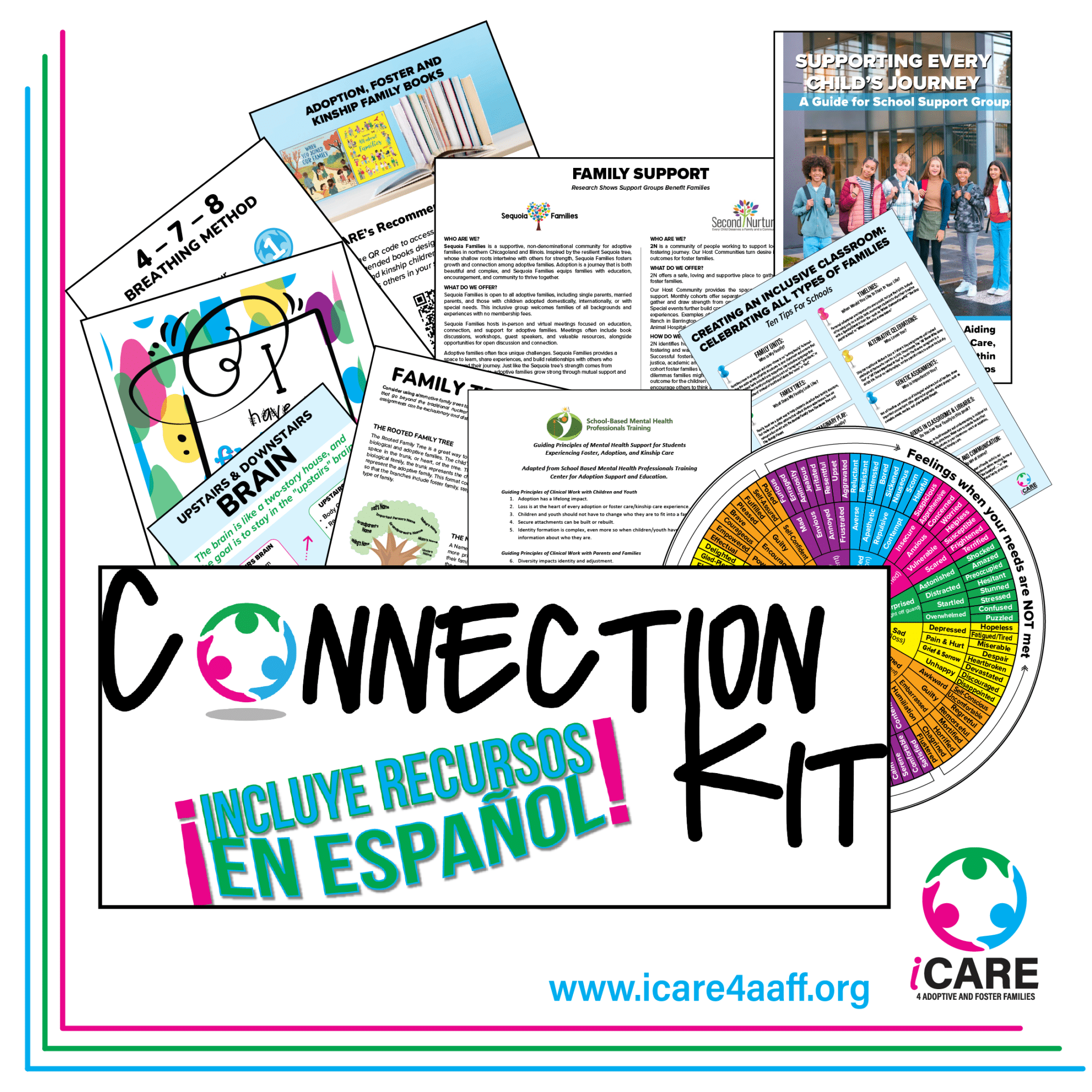- Assembly Day June 21
 Assembly Day June 21, 2025 We’re assembling something BIG—and we need your hands and your heart! Please join us for our June iCARE4 Schools Connection Kit™ Assembly Day! If you care about education, mental health, and strengthening families, this is your chance to be part of something meaningful, fun, and… Read more: Assembly Day June 21
Assembly Day June 21, 2025 We’re assembling something BIG—and we need your hands and your heart! Please join us for our June iCARE4 Schools Connection Kit™ Assembly Day! If you care about education, mental health, and strengthening families, this is your chance to be part of something meaningful, fun, and… Read more: Assembly Day June 21 - From the Founder – May 2025
 May is both National Mental Health Awareness Month and National Foster Care Month—two causes central to our mission at iCARE. We’re excited to welcome Jocelyn Fetting, a fierce advocate with lived experience, to help drive our efforts to get Connection Kits™ into schools. Her powerful voice, alongside contributions from other champions like Cathleen Beachboard and Pam Myers, is helping us create real, systemic change for children in adoptive, foster, and kinship families.
May is both National Mental Health Awareness Month and National Foster Care Month—two causes central to our mission at iCARE. We’re excited to welcome Jocelyn Fetting, a fierce advocate with lived experience, to help drive our efforts to get Connection Kits™ into schools. Her powerful voice, alongside contributions from other champions like Cathleen Beachboard and Pam Myers, is helping us create real, systemic change for children in adoptive, foster, and kinship families. - Legislative Spotlight – May 2025At iCARE, we understand that children in adoptive, foster, and kinship families often carry complex emotional needs that can be triggered in school environments. A family systems approach, similar to the Child and Family Team Meetings (CFTMs) used in child welfare, can help schools provide more supportive, coordinated care. By inviting caregivers into planning processes and using trauma-informed strategies, schools can create a more healing-centered environment that promotes long-term success. This collaborative approach ensures that children continue to receive the stability, trust, and support they need to thrive, both in school and at home.
- The Power of Art and Play in Supporting Connection and Healing
 Art and play are vital tools for supporting children who have experienced trauma, providing a safe space for expression and healing. Through open-ended art, children can explore their emotions without fear of judgment, while play allows them to process complex experiences and build resilience. When adults create a supportive, attuned environment, these creative outlets foster connection, emotional awareness, and a sense of safety, helping children heal and grow.
Art and play are vital tools for supporting children who have experienced trauma, providing a safe space for expression and healing. Through open-ended art, children can explore their emotions without fear of judgment, while play allows them to process complex experiences and build resilience. When adults create a supportive, attuned environment, these creative outlets foster connection, emotional awareness, and a sense of safety, helping children heal and grow. - Hope and AttachmentAs an adoptive mother and educator, I’ve learned that children don’t just need love—they need hope. Hope, like attachment, can be built through connection, structure, and meaningful conversations. By measuring and fostering hope, we help children rebuild trust, confidence, and a sense of safety, planting the seeds for a brighter future.
Jocelyn Fetting
As someone who grew up in care, I knew firsthand how much school can mean to a young person searching for stability. My little sister has been in care for
Legislative Update April 2025
A Month of Inspiration and Collaboration! This past month, I had the incredible opportunity to attend a full-day meeting with some of the leading experts in child welfare and mental

Raising an Adoptive or Foster Child
Navigating the complexities of adoption, foster care, and kinship can feel like managing seven layers of stress at once. From feelings of rejection and shame to the challenges of forming secure attachments, the emotional landscape for adopted children is uniquely layered. Understanding these core issues is crucial for caregivers and educators alike. As children grow through each developmental stage, the impact of trauma can shape their identities and relationships. Discover how we can transform stress into strength and support these children on their journey to healing and empowerment. Join us in exploring this vital topic!

The Hidden Stress of Adoption, Foster Care, and Kinship
When children experience adoption, foster care, or kinship placement, their stress often runs deeper than meets the eye. Beneath the surface, past trauma and disrupted attachments can leave lasting imprints on a child’s brain and emotional well-being. Understanding these hidden stressors is the first step in helping kids move from survival mode to a place of safety and healing.

A Love Note to Caregivers
A Love Note to Caregivers Bless you, who show up not because it’s easy, but because of love. Because you know that love is worth the cost. I see you

The Urgent Need for Collaboration: Public Safety Officers and Families in Supporting Foster, Adopted, and Kinship Children
Children in foster, adoptive, and kinship care need strong, consistent, and supportive relationships—especially with their caregivers. When public safety officers or school professionals serve as a child’s primary source of comfort in a crisis, it’s important to be mindful that family bonds remain intact.
🤝 The solution? Collaboration and Training. By working together, public safety officers, educators, and caregivers can ensure that professional support strengthens family connections, helping children feel secure at home, at school, and in their communities.

